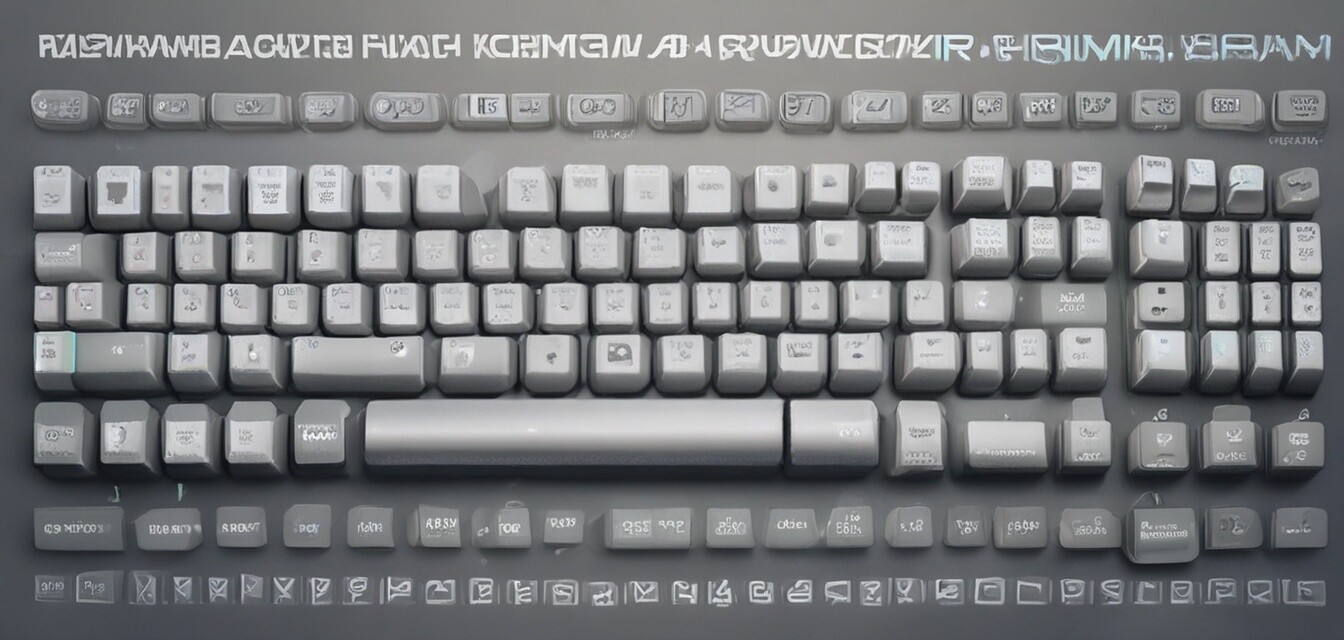
Comparing Mechanical vs. Membrane Keyboards for Laptops
Key Takeaways
- Mechanical keyboards offer tactile feedback and durability.
- Membrane keyboards are generally quieter and more affordable.
- Choosing the right keyboard depends on usage habits and preferences.
- Testing both types before purchasing can lead to a better informed decision.
Choosing the right keyboard for your laptop can greatly affect your overall computing experience. With so many options available, it's essential to understand the differences between mechanical and membrane keyboards. In this article, we will explore the pros and cons of each type, helping you to make an informed decision that fits your working style.
Understanding the Basics
Before diving into comparisons, let’s define what mechanical and membrane keyboards are:
- Mechanical Keyboards: These use individual mechanical switches for each key, providing tactile feedback and a distinct click sound.
- Membrane Keyboards: These have a softer, quieter structure, typically relying on a rubber dome that compresses when pressed.
Comparison Chart
| Feature | Mechanical Keyboards | Membrane Keyboards |
|---|---|---|
| Feedback | Tactile & Audible | Soft & Silent |
| Durability | High (up to 50 million keystrokes) | Moderate (5-10 million keystrokes) |
| Price | Generally more expensive | Typically budget-friendly |
| Customizability | High (switch types, keycaps) | Low (limited customization) |
| Weight | Heavier | Lighter |
Pros and Cons of Mechanical Keyboards
Pros
- Greater durability and longevity
- Enhanced typing experience and speed
- Customizable keys and switches
Cons
- Higher price point
- Heavier and less portable
- Can be noisy due to tactile feedback
Pros and Cons of Membrane Keyboards
Pros
- Affordable and budget-friendly
- Quieter typing experience
- Lighter and more portable
Cons
- Less durable than mechanical keyboards
- Limited feedback and typing experience
- Customizability options are minimal
Which One is Right for You?
Your choice between a mechanical and a membrane keyboard should depend on your specific needs and preferences. Here are some factors to consider:
- If you type a lot and value speed and feedback, a mechanical keyboard may be more suitable.
- For general use or casual typing, a membrane keyboard is often sufficient.
- Consider your budget, as there is a significant price difference between the two types.
Final Thoughts
Both mechanical and membrane keyboards have their unique advantages and disadvantages. It's crucial to assess your own typing habits and preferences to make the best choice for your laptop. If possible, test out both types to experience the differences firsthand. For further insights into choosing the right technology for your needs, explore our Buying Guides.
Additional Resources
For more information on keyboard types and specifications, consider visiting these pages: